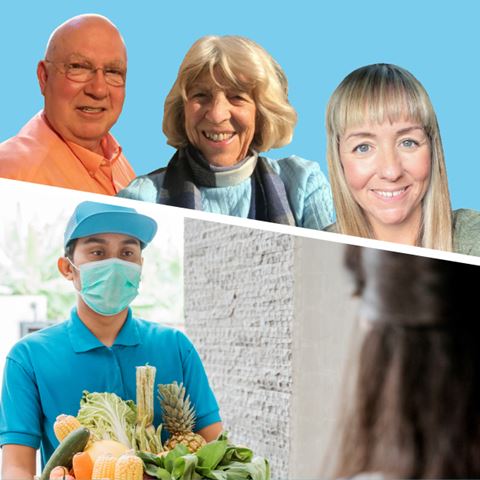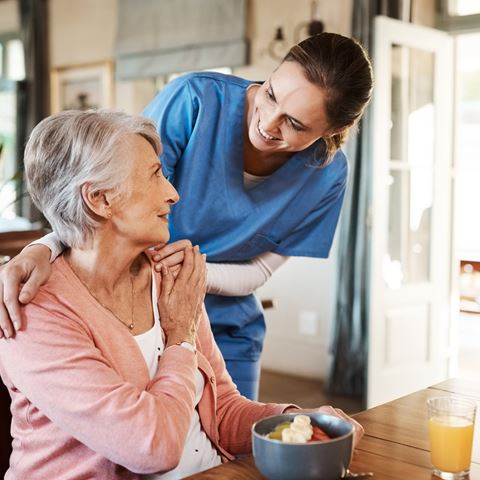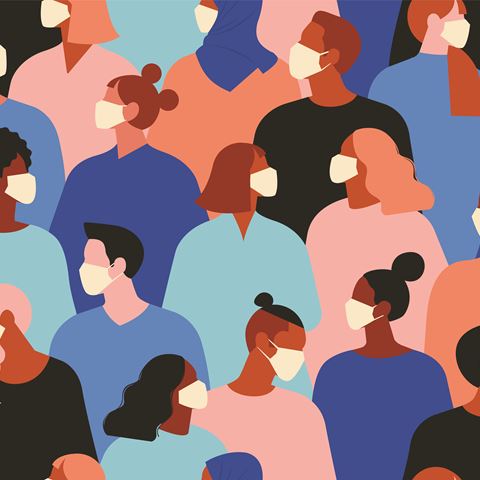By Harriet Smith, RD, HRS Communications
Food Insecurity
Lockdown measures have disproportionately affected those who are most socioeconomically deprived (6). As of June 2020, 9.3 million people were placed on the government’s coronavirus job retention scheme; 2.7 million people claimed self-employment income support; there were 650,000 fewer workers reported on payrolls compared to March; and the number of people claiming benefits doubled to 2.63 million (7).
Food bank charity Trussell Trust reported that at the start of the pandemic, over half (52%) of people who used a food bank had never needed one before, and families with children were the hardest hit (8). This sharp rise in demand has been noted by Karen Woodland, Manager of Leatherhead Community Fridge.
“Before lockdown, we picked up surplus food from local stores including Tesco, Lidl, Waitrose and Co-op. The donations were mostly bread and fresh fruit and veg passed its ‘best before’ date. We would get between 40-60 visitors a week over the two days we were open and they tended to be from North Leatherhead. During lockdown we received a delivery from Fareshare to add to our local store collections. The Fareshare delivery included packets and tins as well as fresh food. We started packing bags for delivery over three days and we were delivering about 300 bags a week.”
Even after the first lockdown finished, numbers did not return to anywhere near pre-COVID levels.
“After lockdown, donations and deliveries remained at the same level until recently when we have reduced our deliveries as our volunteers have returned to work. We still pack bags but encourage people to come to us. We are now packing about 160 bags a week and people are coming from Leatherhead, Ashtead, Epsom, Fetcham and Bookham. This number is increasing each week and I wouldn't be surprised if we see numbers creeping back up to lock down levels.”
The Role of Nutrition Professionals
Registered Dietitian and Lecturer Elaine Macaninch was a lead Researcher on a recent paper published in the British Medical Journal. Her research explores ‘the implications of COVID-19 on widening health inequalities and the emergence of nutrition insecurity through the lens of organisations involved with the emergency food response’ (9). She gave us an insight into how healthcare professionals (HCPs) can equip themselves to notice and effectively support people most at risk of food insecurity and malnutrition.
“COVID-19 has exposed some of the inequalities driving food insecurity and malnutrition in the UK and limitations in current food and welfare systems. Those in lower income groups, older age and people with underlying health conditions are most at risk. HCPs play an important role in screening for food insecurity, referring to food charities and ensuring food provision is appropriate for their nutrition, cultural and medical needs. We face a global economic recession. It is vital to address this now, or poor-quality diets will drive even greater health inequalities in the future.”


